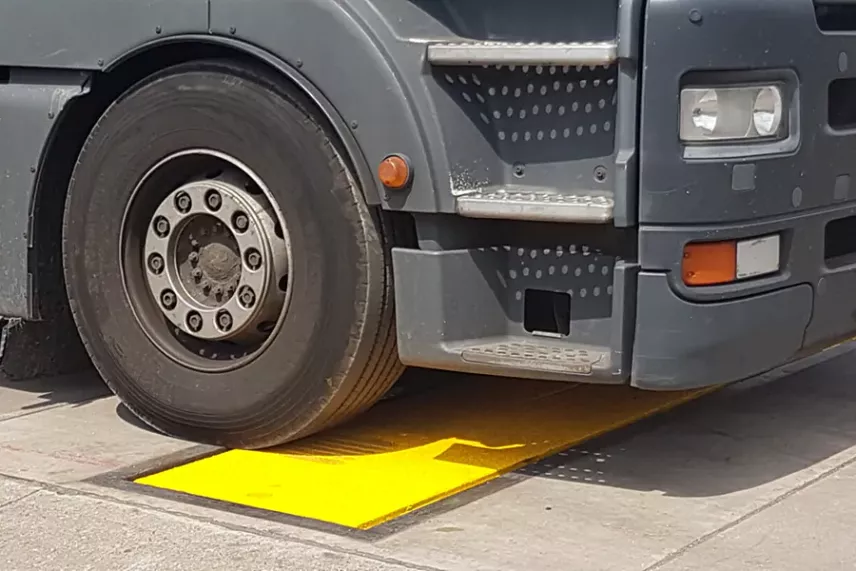
In the conditions of modern industrial development, the importance of control and measuring equipment, and, in particular, scales and other weighing equipment, is becoming increasingly important. Currently, scales are designed not only for simple measurement of the mass of goods, but they must be integrated into a single information network of the enterprise to perform control and accounting functions. Ultimately, the quality of the final product and the economic efficiency of the enterprise depend on the accuracy and reliability of the scales.
There are many varieties of scales and weighing equipment, working in almost all industries and agriculture. No company can do without reliable and accurate scales. The development of computer technology and electronics has made it possible to significantly automate the process of measuring weight - modern electronic scales work in combination with weight controllers, are connected to computer networks, and modern scales are controlled by specialized software. The use of strain gauges as weight sensors made it possible to significantly simplify the design of the scales, automate the process of measuring weight and increase the accuracy and reliability of the scales.
For weighing goods transported by road, static and dynamic truck scales are used, which allow weighing cars and trailers with a stop on the scales or in motion; on the railway, wagon scales are used to weigh railway platforms, cars, tanks in motion and with a stop on the scales, a huge the number of platform scales in various modifications is used in all industries, to measure the weight of bulk materials in bunkers, bunker scales are used, and for those moved by conveyors - conveyor scales. There are crane scales suspended on the hook of a crane and monorail scales for measuring the weight of goods transported using a monorail.
In addition, in most industries and agriculture, various types of dispensers are used for continuous or discrete (batch) dosing of substances in technological processes, as well as multicomponent automatic dosing systems for supplying a mixture of components in a certain proportion. To control electronic strain gauge scales, weight controllers are used, which greatly simplify the work with electronic scales and provide a large number of service functions.